Authorized by the Prime Minister, on the afternoon of June 18, Minister of Culture, Sports and Tourism Nguyen Van Hung presented the Report on the draft Law on Cultural Heritage (amended). Accordingly, the amendment of the draft Law will overcome the shortcomings and limitations after 23 years of implementing the 2001 Law on Cultural Heritage and 15 years of implementing the 2009 amended Law on Cultural Heritage. Some provisions of the Law that are still general principles or no longer suitable to reality and some issues arising in practice that have not been regulated in the law will be supplemented.
“The revised Law on Cultural Heritage is necessary to institutionalize the Party and State's guidelines and policies on culture and cultural heritage in line with the current practice of managing, protecting and promoting the value of cultural heritage. The revised Law project promotes the attraction of social resources, public-private partnership, application of information technology and science , and digital transformation to meet the requirements of conservation and sustainable, comprehensive development and international integration,” Minister Nguyen Van Hung affirmed.
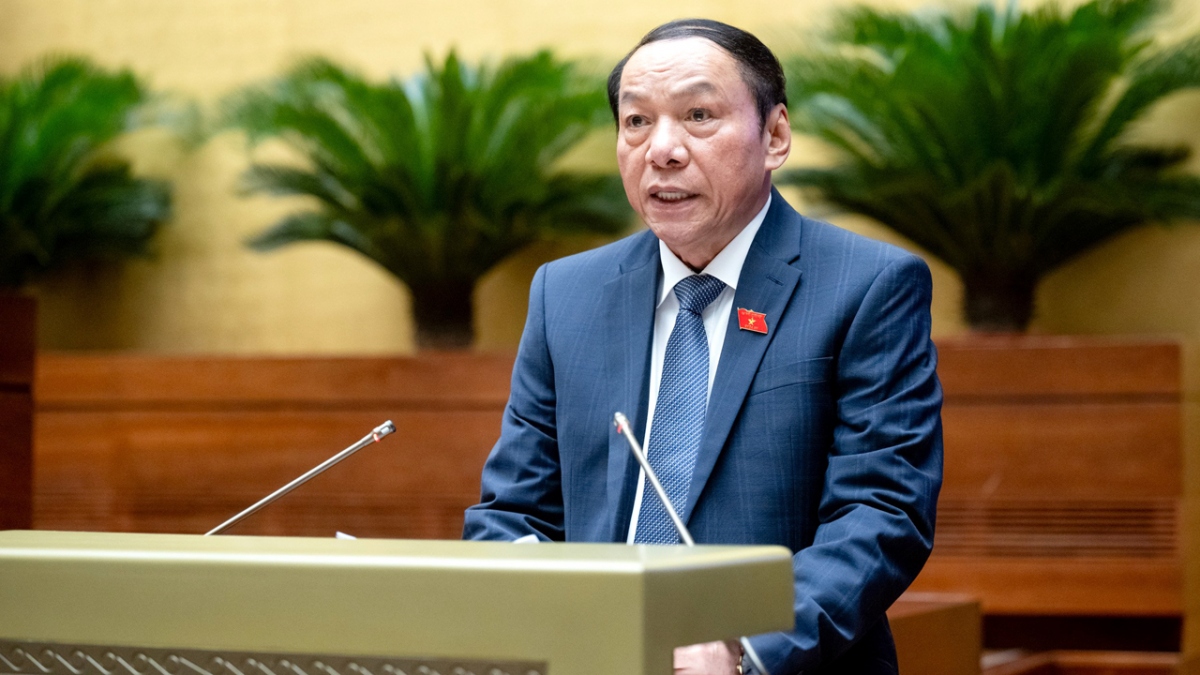
On the basis of inheriting the relevant contents of the 2001 Law on Cultural Heritage, amended and supplemented in 2009, this revised Law on Cultural Heritage focuses on 3 policy groups approved by the Government in Resolution No. 159/NQ-CP.
In which, the first group supplements and completes some terms, clearly defines ownership and other rights to cultural heritage. Supplements and completes regulations on relics, antiques and national treasures under common ownership and private ownership that can be transferred through civil sale, exchange, donation and inheritance in the country. Prohibits the export of relics and antiques to avoid loss of cultural heritage abroad...
The second group clearly defines the mechanism and principles of coordination in state management of cultural heritage as well as tasks and responsibilities to clearly define the activities and responsibilities of organizations assigned to manage, protect, use and promote the value of cultural heritage. Inspection, examination, prevention, detection and handling of violations of the law, contributing to improving the effectiveness and efficiency of state management of cultural heritage.
The third group of additional regulations clearly stipulates the rights, responsibilities and obligations of owners and subjects of cultural heritage in investing funds to protect and promote the value of cultural heritage owned by individuals and communities. At the same time, there are appropriate mechanisms and policies to fairly share benefits with related subjects for income from cultural heritage when participating in investing in cultural heritage. Regulations on business activities, services on cultural heritage, resources for the work of protecting and promoting the value of cultural heritage.
Policies to recognize and support artisans are still inadequate.
Examining the draft Law on Cultural Heritage, Chairman of the National Assembly's Committee on Culture and Education Nguyen Dac Vinh said that the amendment of the Law aims to continue institutionalizing the Party's viewpoints and policies, overcome difficulties and obstacles, resolve arising issues, and improve the effectiveness and efficiency of management, protection and promotion of cultural heritage values.
However, the Government's Proposal has not mentioned the reasons for amending the forms of ownership of cultural heritage, nor has it determined the authority and criteria for recognizing the type of ownership. The Committee requests the drafting agency to explain this content, and at the same time specify the authority and criteria for determining the forms of ownership of cultural heritage. Principles for managing, protecting and promoting cultural heritage; resolving disputes over ownership of cultural heritage (if any).
“The drafting agency shall review and study regulations to ensure the consistency of the legal system and ensure the legal property rights of organizations and individuals. Develop focused, key and sustainable policies; ensure the rights, legitimate interests and participation of the community and people; in accordance with practical requirements and specific characteristics in protecting and promoting the value of each type of cultural heritage,” the Chairman of the Committee stated.

The National Assembly's Committee on Culture and Education also found that through a practical survey, there are many shortcomings in regulations on recognition and support policies for artisans working in the field of cultural heritage.
Specifically, currently, the awarding of titles and support for People's Artisans and Meritorious Artisans in the field of intangible cultural heritage is stipulated in 02 Decrees of the Government and assigned to 2 Ministries. The Ministry of Culture, Sports and Tourism considers awarding titles in the field of intangible cultural heritage, the Ministry of Industry and Trade considers awarding titles in the field of handicrafts. However, the regulations on the subjects, awarding criteria, awarding process and procedures in the 2 Decrees are not clearly defined.
Therefore, the National Assembly's Committee on Culture and Education recommends that the drafting agency should have regulations to overcome shortcomings, ensure consistency and fairness in recognition and support for artisans to promote their talents and contributions.
Source: https://vov.vn/chinh-tri/quoc-hoi/sua-luat-di-san-van-hoa-day-manh-thu-hut-nguon-luc-xa-hoi-hoa-post1102338.vov


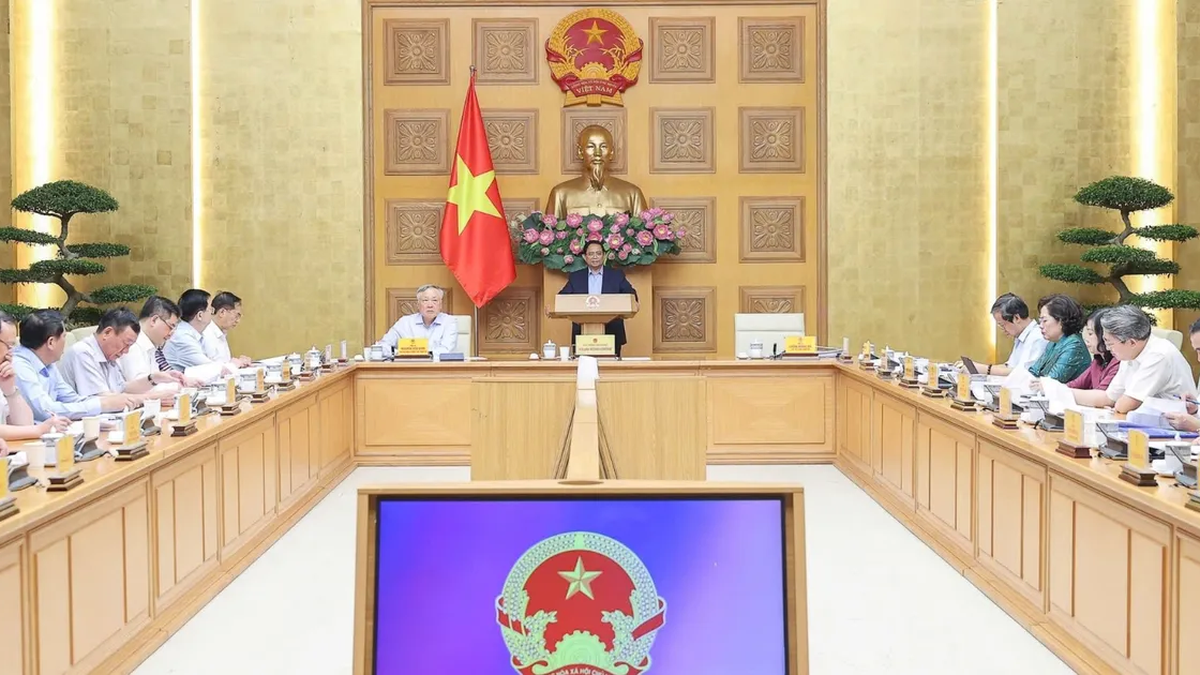

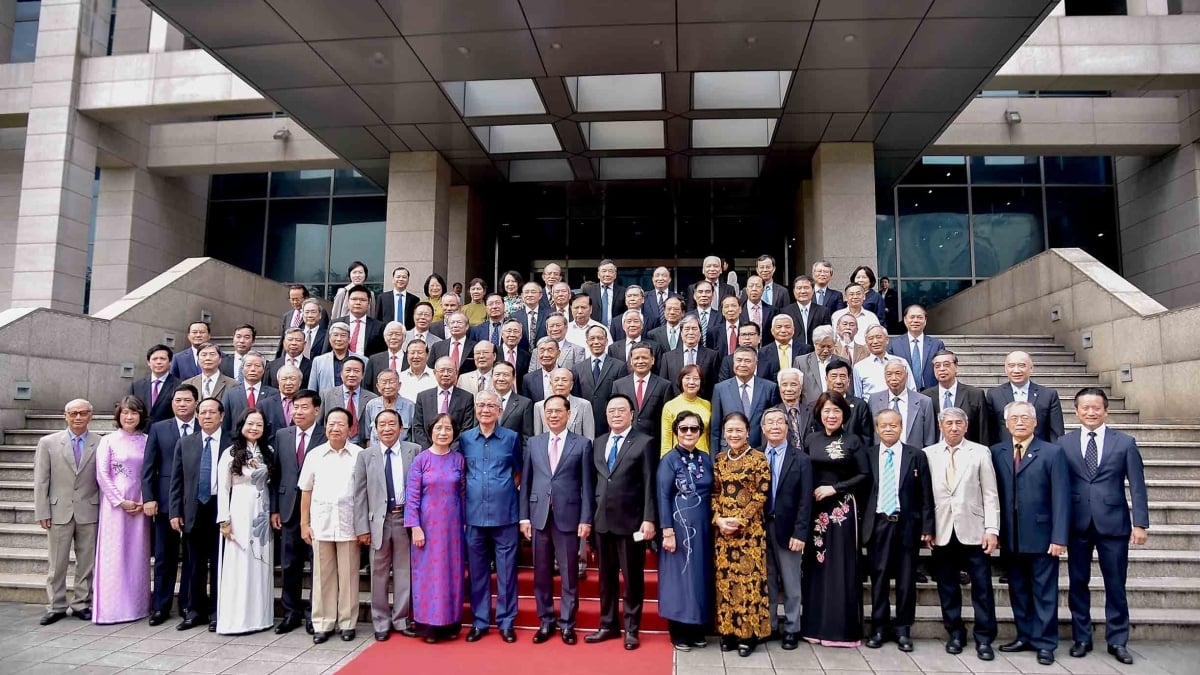


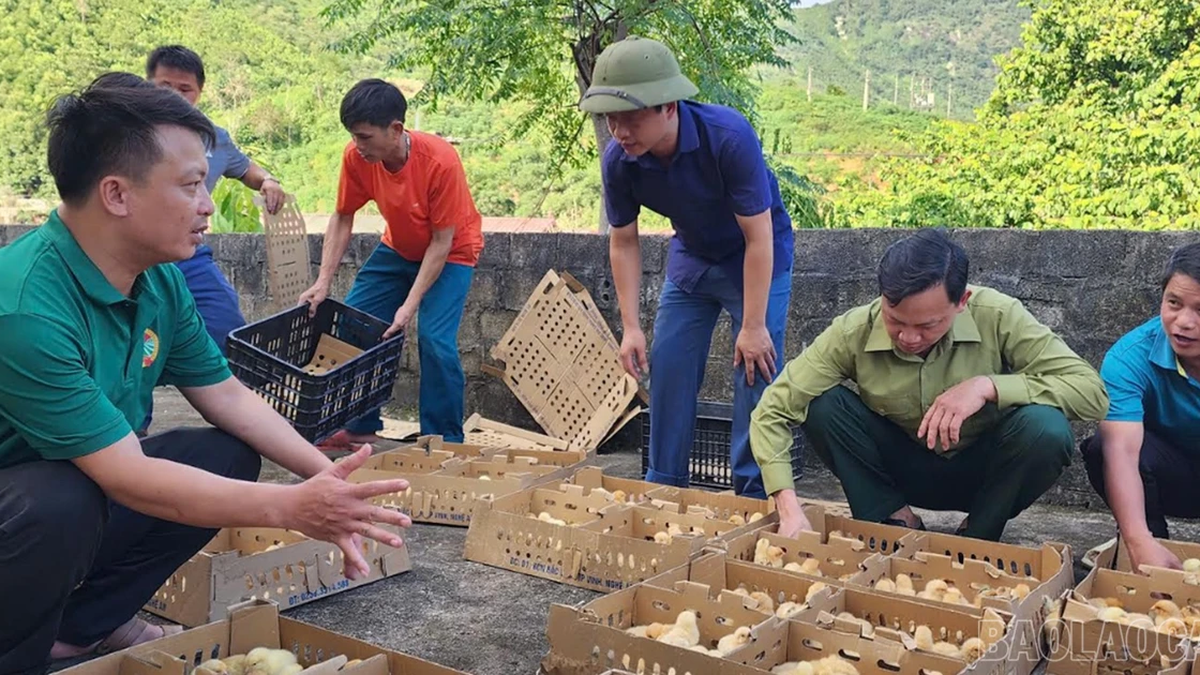
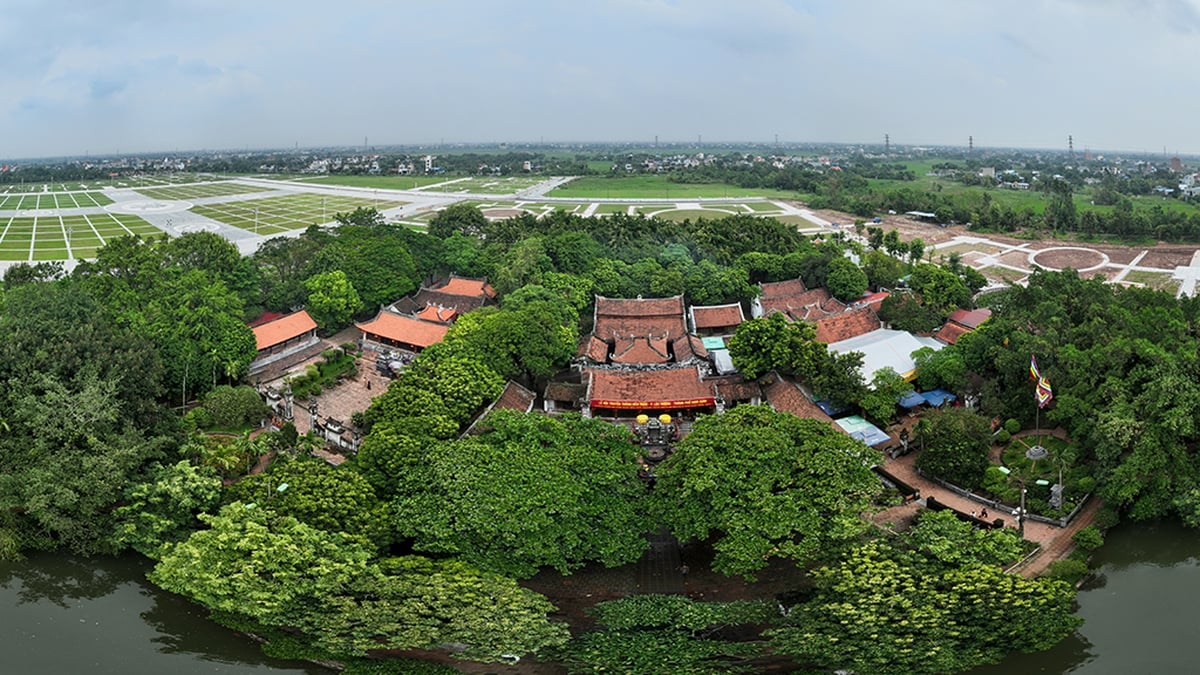

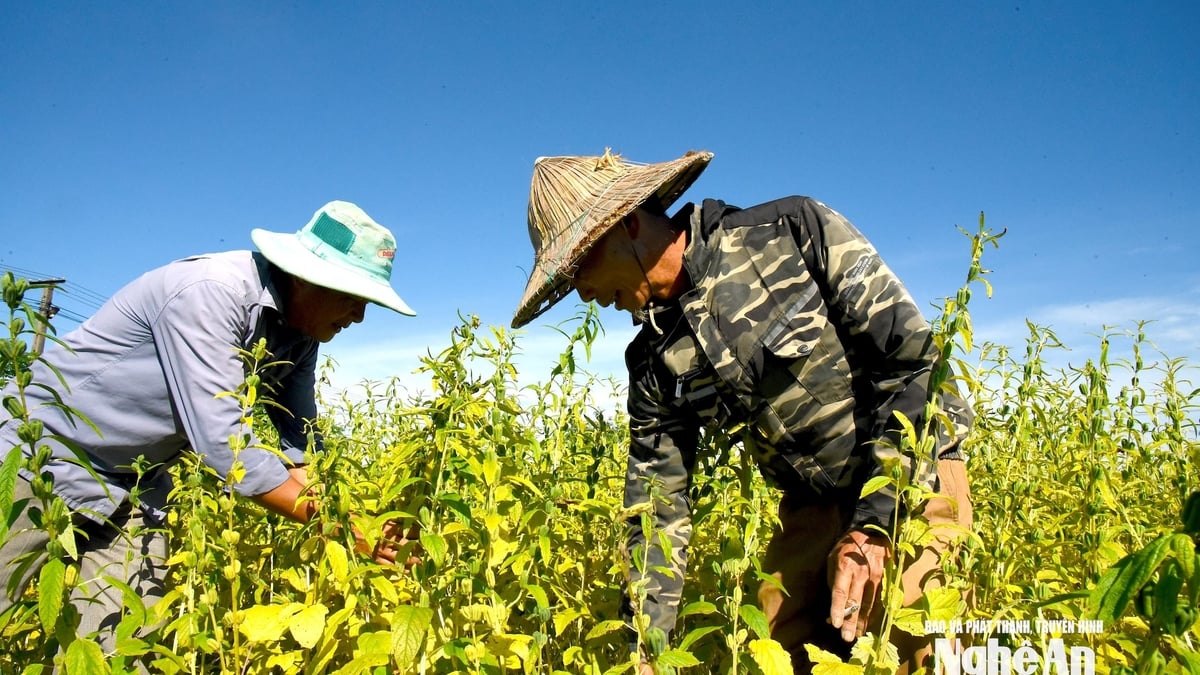















![[Photo] National Assembly Chairman attends the seminar "Building and operating an international financial center and recommendations for Vietnam"](https://vphoto.vietnam.vn/thumb/1200x675/vietnam/resource/IMAGE/2025/7/28/76393436936e457db31ec84433289f72)










































































Comment (0)